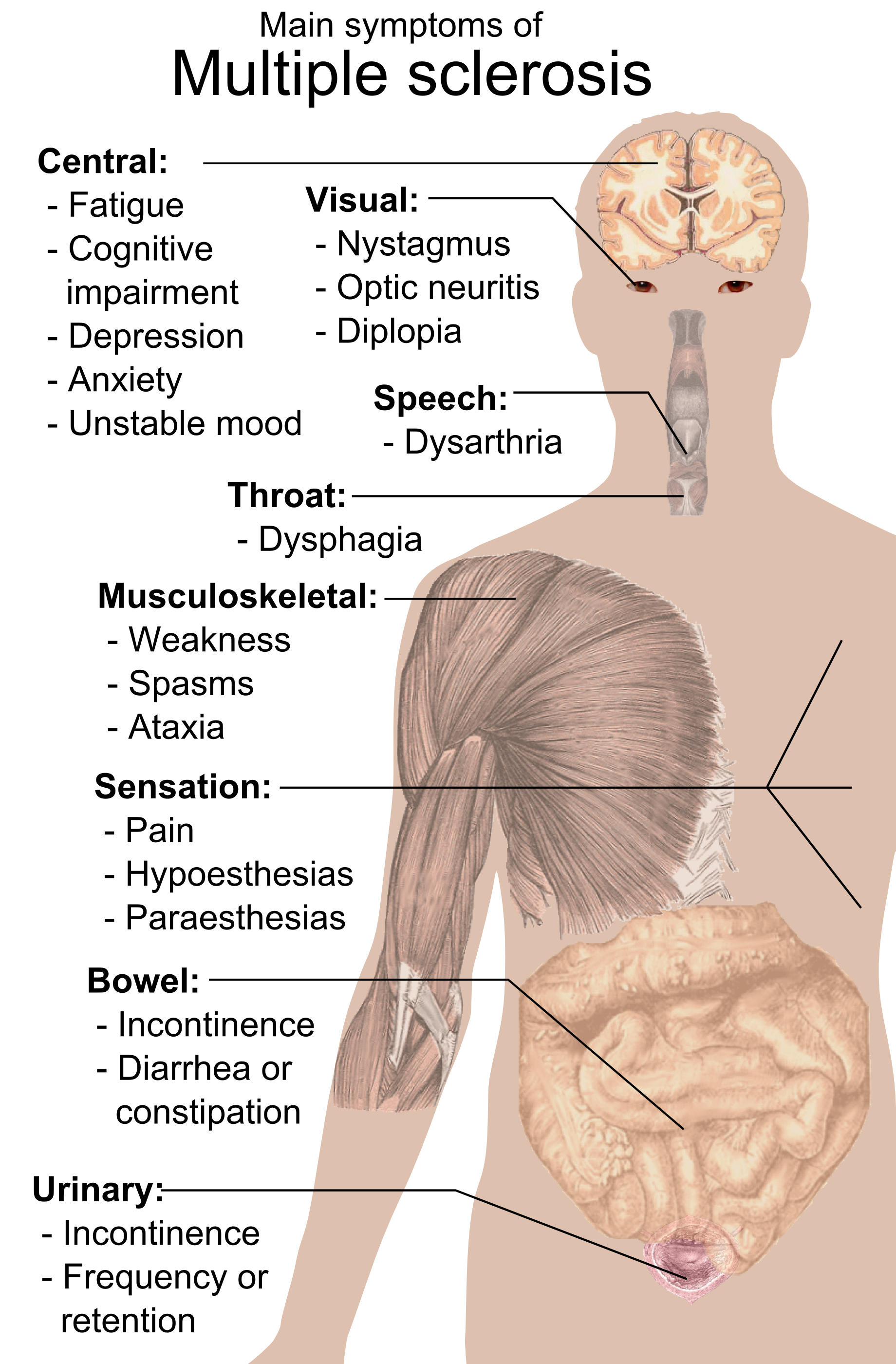Springtime leading into summertime and the warmer weather that comes along with these seasons has always been a great excuse for Canadians to get outdoors more often. However, with the beautiful summertime weather that Canada has to offer, that also means higher than normal temperatures and humidity from time to time, and with those higher temperatures comes the increased potential for health risks associated with overexposure to sources of ultraviolet radiation such as sunlight. While temperatures in the summertime will vary across different regions in Canada, the consequences can turn out to be extremely detrimental to your health. By following a few simple steps you will not only avoid an emergency room visit, but also still be able to enjoy the nicer weather.
Overexposure
to the sun can cause everything from sunburn to hyperthermia. Hyperthermia
occurs when your body is unable to cool itself down to its core temperature
(normally between 36.5°C and 37.5°C), overheating as a result. Hyperthermia
will present itself in two different ways: As heat exhaustion or as heat
stroke. Being in hot weather and sunlight for a protracted amount of time
causes these conditions. While heat exhaustion and heat stroke have similar
characteristics, they are also differentiated by their symptoms.
With
heat exhaustion, some of the potential symptoms include dizziness, headaches,
nausea, muscle cramps, shallow breathing, and profuse sweating. Immediately
removing oneself from sunlight and into shade, as well as keeping hydrated, can
help to relieve these symptoms. Whereas heat stroke is a serious and
potentially fatal condition. The onset of heat stroke can be sudden, and
includes symptoms of a body temperature above 40°C, restlessness, hot or
flushed skin, deteriorating mental function, unconsciousness, and in some cases
can even lead to death. The risk of heat exhaustion and heat stroke is greater
for infants, seniors, and those who have been diagnosed with chronic illnesses
such as cardiovascular diseases or lung problems.
To avoid coming down with heat-related illnesses, Dr. Ali Ghahary of Brentwood Medical Clinic recommends that you keep yourself cool and remain hydrated, especially before and after any outdoor physical activity, in addition to paying close attention to local weather reports and avoid exposure to extreme heat conditions whenever possible. If your work includes being outdoors for prolonged periods of time, it is important to take breaks, go in areas where there is more shade (which can be up to 5°C cooler than being in direct sunlight), and always pay close attention to how you are feeling. If you notice any symptoms related to heat exhaustion or heat stroke then you should see a physician right away.

